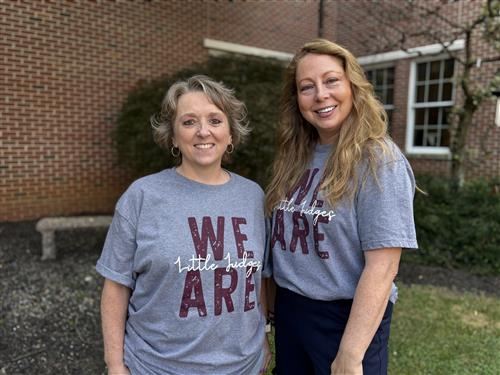Welcome to School Counseling
-
Our role
School counselors are an important part of the educational leadership team and provide valuable assistance to students. Our conselor serves as part of a team, including parents, teachers, administrators, community, and students, to promote, and improve student success within the school. Today's school counselors are vital members of the education team. They help all students in the areas of academic achievement, personal/social development and career development, ensuring today's students become the productive, well-adjusted adults of tomorrow.
School Counseling activities at VACDES:
- Developmental Guidance Lessons (within the classroom): These lessons typically cover topics such as study skills, character education, social skills, and career awareness.
- Small Group Counseling: Support groups are offered to students who may benefit from additional support dealing with stressors, such as: family changes, grief or loss, anger management, social issues, peer relations.
- Individual Counseling. Individual counseling is offered on an “as needed basis”, and tends to focus on problem-solving. In these brief sessions, counselors work with students in addressing issues which might otherwise interfere with the student’s ability to succeed in school.
Please complete the counseling request form to schedule time if you need to meet with a counselor.
*School counseling is not therapy. However, we can assist you in locating appropriate community services when needed.Please feel free to contact your child’s counselor with questions and/or concerns at 540-665-6330.
Our Counselors
-

(L-R) Robin Langenstein and Karen King
Helping Families...
-
- Exploring ways to help your child succeed
- Supply reference materials
- Referrals to community resources
- Access resources and services in our community
- Adjusting to Family Changes
- Adjusting to a new school
- Parenting techniques
Helping Students...
-
- Managing feelings (stress, worry, anger, grief, etc.)
- Learning and creating friendships
- Setting goals
- Collaborative learning
- Improving self-image
- Adjusting to a new school
- Learning how to make good decisions



